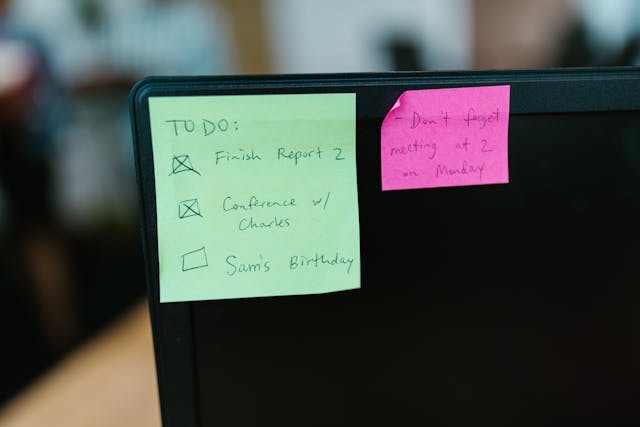A recent study from the University of Texas at Arlington reveals the significant role reminders play in mitigating age-related memory decline. This breakthrough is pivotal in tackling the cognitive hurdles the elderly face, focusing on prospective memory, which is crucial for remembering to take medications or attend meetings.
Prospective memory is fundamental to daily life and sustaining autonomy, mainly as individuals grow older, according to Hunter Ball, an associate professor of psychology at UTA and the study’s principal investigator. He notes that forgetting to perform future-oriented tasks can have severe repercussions, with earlier studies showing a tendency for this memory to deteriorate with age.
The research, conducted in collaboration with psychologists from UTA and Arizona State University, comprised two experiments that evaluated prospective memory in younger and older adults under various conditions, both with and without reminders. Participants were tasked with remembering specific actions while engaged in other activities, with their performance measured under both high-load (more items to remember) and low-load (fewer items to remember) scenarios.
In the first experiment, participants had to recall specific tasks like reacting to particular words, with some receiving on-screen reminders. The findings indicated no notable age-related decline in prospective memory without reminders in low-load situations; however, in high-load scenarios, reminders proved beneficial for both age groups, suggesting that they help lessen cognitive burden by reducing reliance on internal memory processes.
The second experiment introduced more complex, general tasks requiring participants to identify categories like animals or fruits rather than specific words. Here, older adults found it more challenging to recall these broader tasks under a high memory load without reminders. However, when reminders were available, these age-related performance disparities were eradicated, underscoring the potential of reminders to counteract the deficits linked with more cognitively demanding tasks that typically challenge older adults’ memory.
Ball and his team suggest that the effectiveness of reminders for older individuals could be attributed to their propensity to check these cues more frequently under high cognitive demands. This compensatory behaviour likely aids them in managing tasks that would be too taxing on their internal memory resources.
The implications of this study go beyond the confines of the laboratory, as prospective memory plays a vital role in real-life settings. With the ageing population, finding practical solutions to memory issues is increasingly crucial. The researchers emphasise that digital tools such as smartphone apps, personal assistants like Amazon Alexa, or even straightforward reminder notes can be invaluable in helping older adults manage their daily routines effectively and maintain their independence.
Ball highlights that cognitive offloading, mainly through tools like cell phone calendars, can significantly alleviate declines in prospective memory. While the study was performed in a controlled environment, these findings are readily applicable in everyday contexts, offering a simple and effective method to ease the challenges of prospective memory in older adults.
More information: Hunter Ball et al, Reminders eliminate age-related declines in prospective memory, Psychology and Aging. DOI: 10.1037/pag0000844
Journal information: Psychology and Aging Provided by University of Texas at Arlington








